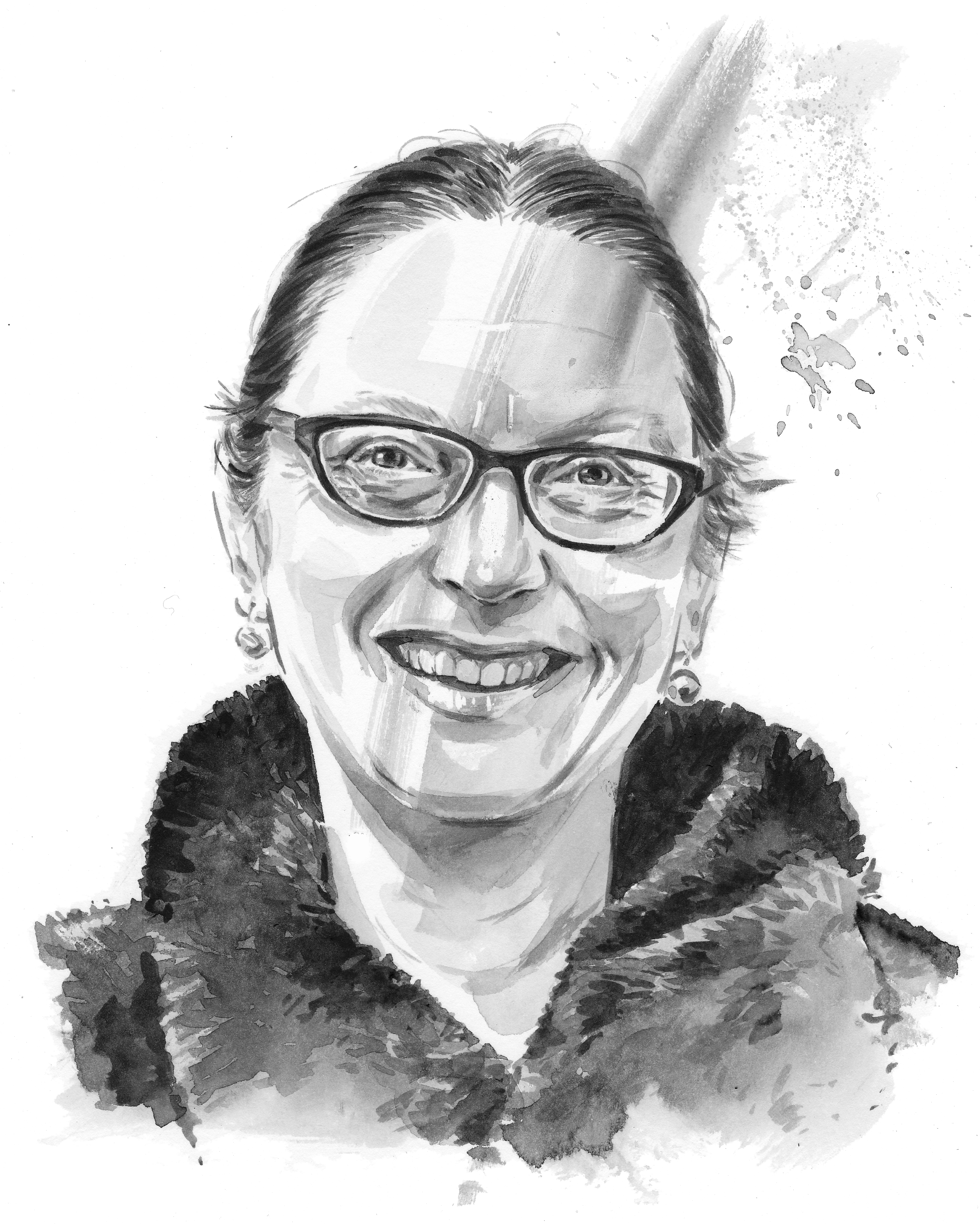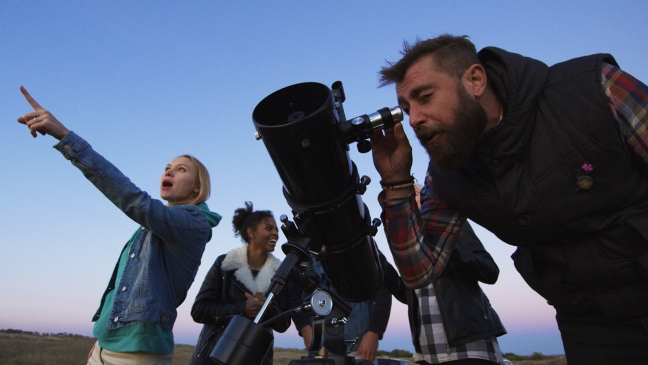A few weeks ago at the Confederation of School Trusts’ (CST) annual conference, the secretary of state for education gave a quietly authoritative speech in which she effectively outlined a new political narrative for our school system in England.
This is a narrative built around the twin themes of achieving and thriving. It is a long time since education policy has explicitly acknowledged that the purpose of schooling is both to achieve and thrive.
Some in the media have suggested that thriving is something that might be the antithesis of achieving. I don’t agree. And I think all those who lead our schools know that this is a both/and, not an either/or.
Pupils flourishing in schools
At CST we believe that all our children should flourish in our schools. Along with the Church of England and Catholic Education Service, we published a paper called “Flourishing Together”’
We think the language of flourishing captures these twin themes of achieving and thriving.
Our definition of flourishing is school environments where human flourishing is both the optimal continuing development of children’s’ potential (the substance of education) and living well as a human being.
I think this narrative sits at the heart of the government’s opportunity mission. Achieving and thriving. Flourishing together.
The opportunity of mission-led government
Mission-led government offers us the opportunity to think differently about public sector leadership. It is a new mental model of leadership.
It invites us to see that the problems our children and families face are beyond the reach of individual organisations or public sector services.
More from Leora Cruddas:
At CST, we have talked for many years about civic leadership - this is how civic actors across the public sector work with other civic actors to solve complex problems, to achieve a wider “common good”.
At the moment public sector services each have their own accountabilities and responsibilities. The opportunity of mission-led government is to align these around a single vision.
And as the Office of the Children’s Commissioner advocates, we should align around a common vision of childhood.
A common vision of childhood
There is data showing that our young people are less happy, more lonely and less likely to feel that they belong in our schools.
For example, the Children’s Society’s 2023 Good Childhood Report shows trends in children’s wellbeing. Almost a third of children in this survey reported that they were unhappy with at least one specific area of their lives.
Meanwhile, the Programme for International Student Assessment (Pisa) 2022 report for England found that students in England reported a significantly lower average level of satisfaction with their lives, and fewer reported that they belonged at school, compared with their peers across the Organisation for Economic Cooperation and Development countries.
However, there is also data showing that our children are ambitious about the future. They want to be part of something bigger than themselves.
In her Big Ambition report, children’s commissioner Dame Rachel de Souza says: “Children are ambitious. And they speak with a moral clarity that is deeply refreshing for those of us verging on cynicism, who are perhaps too used to talk of cost benefit ratios or return on investment when it comes to childhood.
“As one of my youth ambassadors put it, when talking about tech firms neglecting their duty to keep children safe online, ‘it may be your livelihoods, but it’s our childhoods’.”
A call to action
So, as this government develops the themes that sit within its opportunity mission, I think we should build a common vision of childhood.
One that enables all our children to flourish. One that enables all the adults in a child’s life (including those in public services) to build more relational forms of engagement that respect childhood, and to listen more carefully.
In an age of global economic insecurity and political instability, climate disasters, social unrest and conflicts and wars that are likely to determine our future, it has perhaps never been more important or necessary that we work together to build a better world.
So here is a call to action. As Barack Obama said: “Change will not come if we wait for some other person or some other time. We are the ones we’ve been waiting for. We are the change that we seek.”
Leora Cruddas is founding CEO of the Confederation of School Trusts
For the latest education news and analysis delivered every weekday morning, sign up for the Tes Daily newsletter





